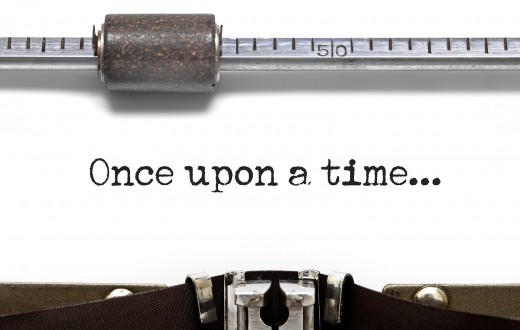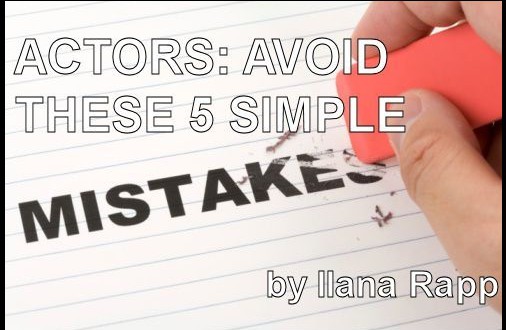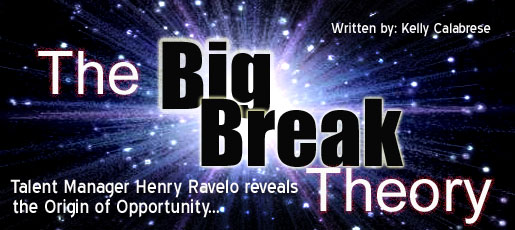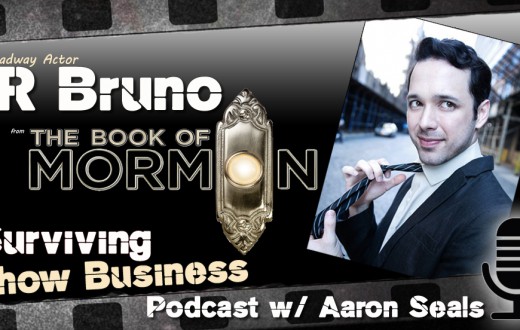The audition, and specifically the monologue audition is probably the most discussed–and stressed-about–aspect of being an actor. And with good reason. No matter how long you’ve been in the game the monologue audition remains a challenge.
But here’s the good news: it does get easier! Over time and with experience, you learn ways to relax yourself–and even to have fun on occasion.
Practice makes perfect as they say, so get out there and audition, but also, create a group of like-minded actor friends with whom you can work on your audition skills in a safe, constructive space on a regular basis.
Here are some ways to maximize your potential when planning your next monologue audition. Learn these lessons here so you won’t have to learn them the hard way–in the audition room!
1. Get Shorty
Here’s the thing about casting directors: while they are generally lovely people who want the same things you want–that is, to create the best piece of work possible–they are also some of some of the most overworked people in the business. So do them–and yourself–a favor: keep that monologue short. Even if it’s from a piece you love, even if you’ve been given 2 minutes, or God forbid, more time than that, keep it closer to a minute or a minute and a half tops. Find monologues that have an arc and show a bit of range in that time frame and you will be much more likely to hold their attention. There’s nothing worse than that creeping feeling that the casting team has already checked out when you’re not even halfway done with your monologue.
2. Get (Con)textual
Look, you have to know what you’re saying. That should be obvious not only in acting but in life. However, there are a shocking number of actors who fail this very basic test when it comes to monologues. They’ll grab something out of a monologue book and just go for it without any sense of the before or after for the character, and it reads. You need to know in your bones not just the actual lines, but the context of them in terms of the scene, as well as in the overall story of the piece. If you really want to put yourself at the front of the class, also take the time to understand not only your character’s relationships with the other characters in the piece, but also read the entire piece with an eye out for what the other characters say ABOUT your character when he or she isn’t in the scene. You can learn a whole lot as a fly on the wall.
3. Act Your Age
We get it, you have range. You can play anyone from 18 to 80. However, let’s be honest: there are roles that are more age-appropriate for you than others. That one community theater director who “somehow” gets cast as the ingénue in every show despite having grandkids isn’t doing anybody any favors, least of all herself. It’s true, in university productions sophomores play septuagenarians. But in the real world if you’re a shiny-faced recent graduate who barely needs to shave and you start going on about “Blow winds and crack your cheeks,” you might hear a few chortles from behind the table, no matter how they try to contain themselves. Also, less extreme examples should be avoided too. A slim-hipped recent grad who looks like she just stepped out of a fitness infomercial ranting about how tough life is raising three kids and working in the coffee shop is likely to raise some eyebrows. Which leads us to:
4. Find Your Wheelhouse
Range is a beautiful thing for an actor to have, and you will get roles where you have the opportunity to stretch. But that’s for after you get the callback. First you have to show them your best in the monologue in order to get the opportunity to get a little crazy and try some off-kilter choices and read some characters that are an unlikely match for you. So that means you need to pick something for your monologue that you are utterly confident in playing, the kind of character and scene that you can smash out of the park. What’s your type? How do you usually get cast? What roles do you feel most confident in playing? Confidence is often the X-factor in casting decisions, and you want to walk into that room fully engaged and invested in your character, not struggling to play against type just for sake of being different. You’ll get your chance for that later on, don’t worry!
The bottom line is if you’re doing a monologue audition you are likely reading for people who haven’t seen you before. You’ve got one chance to wow ’em–make it count!







